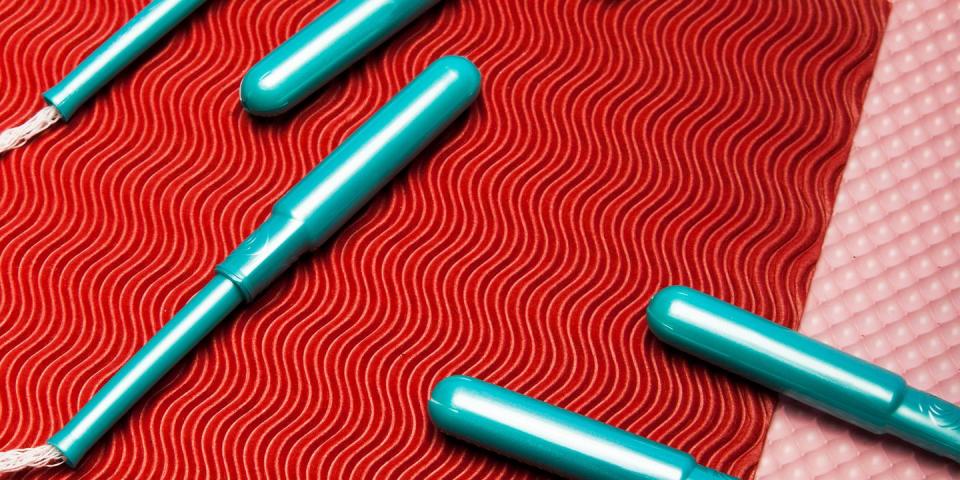How being vegan can impact your periods

There are a multitude of good reasons to adopt a vegan or a vegetarian diet, and it's perfectly possible to maintain a healthy diet while doing so. While there are a wealth health benefits that can come from vegetarianism and veganism - including a decreased risk of obesity, diabetes, cancer, high cholesterol and more - it seems for some people, it can also impact their menstrual cycle.
Scientific researchers at the period tracking app Clue explain some of the ways it can affect your period:
1. It can affect the length of your cycle
But only in more extreme cases. Research shows people with a meat-free diet are more likely to have a lower body weight, and are also more likely to be more physically active. As we know, "if calorie intake is continuously too low and disordered eating persists (with or without excessive exercise), disturbances in menstrual cycle length or amenorrhea (the cessation of the menstrual period) may occur," the experts advise.
If your meat-free diet doesn't go hand-in-hand with a remarkably low calorie diet, there's unlikely to be any notable difference in the length of your cycle compared to someone who does it meat. What one study did suggest, however, was that vegetarians are more likely to have "normal ovulatory cycles" than people who consumed meat - but more in-depth research is needed to determine if there is a definite link between the two.

2. It can amplify your PMS symptoms
One Australian study proved that "vegetarians were shown to have increases in premenstrual and menstrual symptoms, as well as having irregular cycles and heavier periods", the Clue experts noted. But as to why? That's still unclear. Some researchers hypothesise it could be potentially be due to differences in iron levels (more on that below), or it could just be because the vegetarian population are more likely to report these unusual symptoms than others.
3. You can become deficient in iron
Scientific research has found that people who don't eat meat (women especially) are at a greater risk of developing an iron deficiency. While you can obviously get a good supply of iron from some legumes, grains, nuts and seeds, and vegetables, meat does contain higher levels of iron than plant-based food - "particularly heme-iron, which is a more absorbable form", the experts explain.
"People who experience heavy menstrual bleeding should be sure that they have adequate blood iron levels, as they are more susceptible to iron deficiency anaemia, since they lose a greater amount of blood (which includes iron) each month," they warn. A lack of iron can cause a low immune system, increased risk of pregnancy complications, fatigue, dizziness, headaches, shortness of breath, paleness, brittle nails, and more.
If you think your iron levels might be low, get in touch with your GP.
